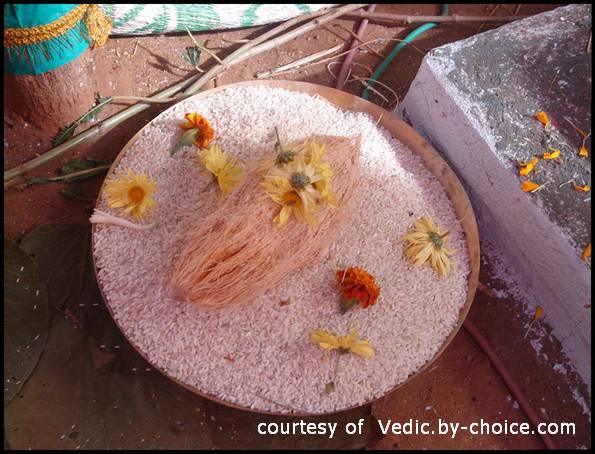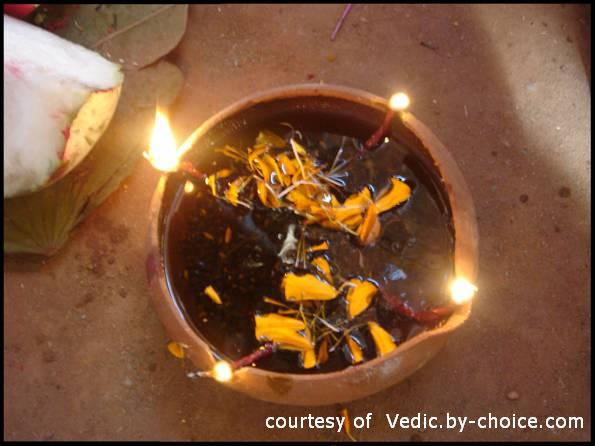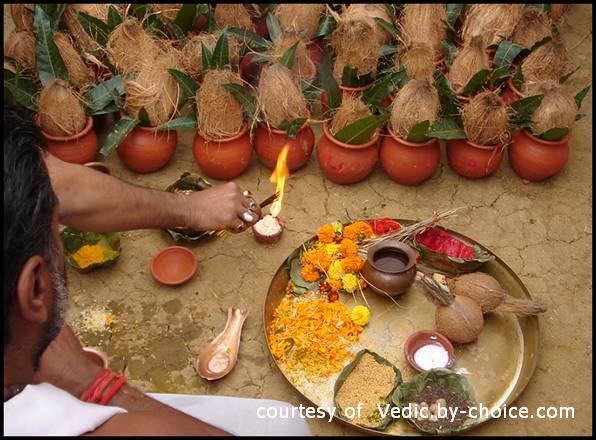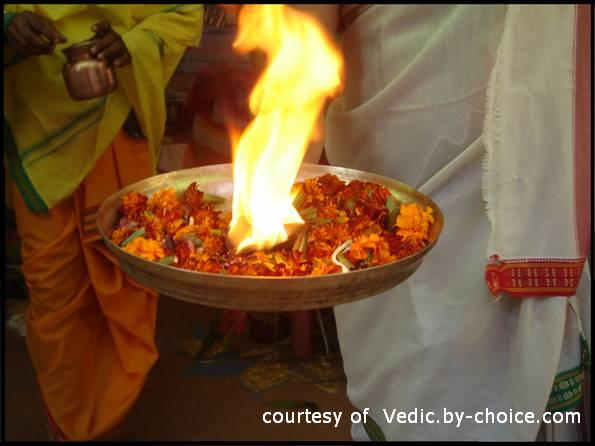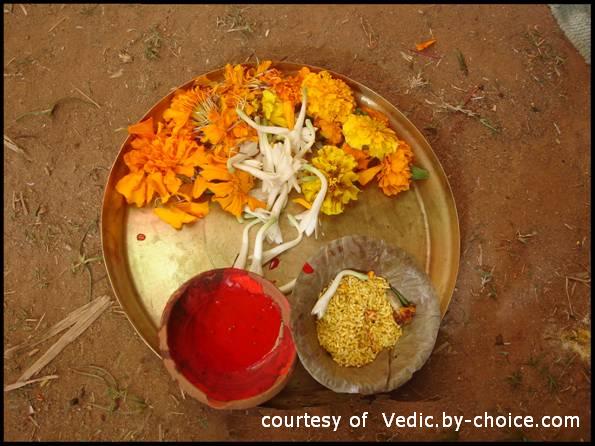Chapter 2: Verse 39-40
Subject: Desire less Action
विषय: निष्काम कर्म
एषा तेऽभिहिता साङ्ख्ये बुद्धिर्योगे त्विमां शृणु।
बुद्ध्या युक्तो यया पार्थ कर्मबन्धं प्रहास्यसि॥२-३९॥
This knowledge I have given to you in the context of samkhya yoga. Now listen to the knowledge related to Nishkam Karma Yoga (Yoga of Desire less Action). Having exposed to this, O Partha, you shall break the bondage-of- action.
Lesson: The desire less action (Nishkam Karma Yoga) helps in breaking the bondage- of- action.
हे पार्थ! यह बुध्दि तेरे लिए ज्ञान योग के विषय में कही गई और अब तू इसको कर्मयोग के (श्लोक 3 की टिप्पणी में इसका विस्तार देखें।) विषय में सुन- जिस बुध्दि से युक्त हुआ तू कर्मों के बंधन को भली-भांति त्याग देगा अर्थात सर्वथा नष्ट कर डालेगा। ॥३९॥
***
नेहाभिक्रमनाशोऽस्ति प्रत्यवायो न विद्यते।
स्वल्पमप्यस्य धर्मस्य त्रायते महतो भयात्॥२-४०॥
Even a little practice of Nishkam Karma Yoga would liberate you from the fear of birth and death. Neither the initiations made in this regard would be lost, nor would you be blamed for any of their counter-affects.
Lesson: Desire less action liberates a person from fear and the stigma if initiation.
इस कर्मयोग में आरंभ का अर्थात बीज का नाश नहीं है और उलटा फलरूप दोष भी नहीं है, बल्कि इस कर्मयोग रूप धर्म का थोडा-सा भी साधन जन्म-मृत्यु रूप महान भय से रक्षा कर लेता है। ॥४०॥

